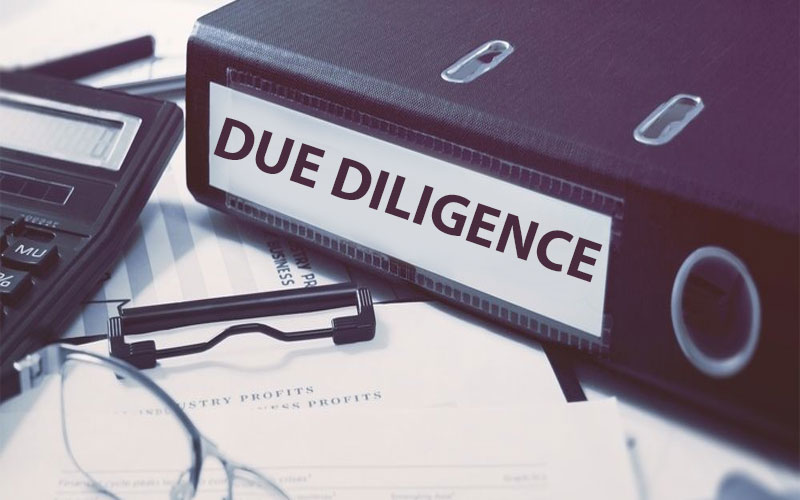The due diligence period is a critical phase of any significant purchase or investment, especially in real estate. It’s the time allocated for a buyer to investigate all aspects of the property to ensure it’s a sound investment.
Here are five crucial and essential actions to take during this important and pivotal window of opportunity. Let’s find out!
Seven Due Diligence Period
1. Property Inspection
Conduct a thorough property inspection with a licensed professional. Uncover any hidden issues with the structure, such as:
- foundation cracks
- roof damage
- plumbing leaks
- electrical problems
It’s better to know these upfront rather than being caught by surprise later. Make sure to check surveys from San Diego, CA for any potential San Diego property line and boundary disputes.
Remember, you want to make sure the property is in good condition and that there are no major repairs or maintenance needed. Plus, you may be able to negotiate repairs or a lower price if any issues are found during the inspection.
2. Title Search
A title search is an essential step in the due diligence process. It ensures that there are no outstanding liens or encumbrances on the property that could affect your ownership rights. This could include unpaid taxes, mortgages, or other legal claims against the property.
A thorough title search will also reveal any easements or restrictions on the property that you should be aware of.
3. Review of Documents
Scrutinize all legal documents related to the property. This includes:
- existing warranties
- previous inspection reports
- local zoning regulations
Make sure to Obtain a title search to ensure there are no undisclosed liens, encumbrances, or easements that could affect your ownership. It’s also important to verify that the property complies with local zoning regulations, as this could impact plans for the property.
4. Hire a Professional Inspector
While you may have done a preliminary inspection yourself, it’s always recommended to hire a professional inspector. They have the knowledge and expertise to spot any potential issues that you may have missed. Ask for references and make sure they are licensed and insured.
5. Financial Assessment
Evaluate the financial aspects of the property. If it’s an investment property, review the rent rolls and profit and loss statements. For personal purchases, calculate the total cost of ownership, including taxes, insurance, and maintenance. Always ensure it aligns with your financial goals.
6. Neighborhood Analysis
Explore the surrounding area and neighbourhood. Investigate local crime statistics, school district performance, and any upcoming public or private developments. These factors can significantly affect property values.
7. Future Planning
Consider any potential changes that could occur during your period of ownership. This may include zoning law changes or significant shifts in the local economy. Have a plan for how such developments might influence your use and enjoyment of the property.
Explore the Things You Should Do During Your Due Diligence Period
By thoroughly addressing these five areas, you will have a comprehensive understanding of the property and can make an informed decision about moving forward with the purchase. Remember, the due diligence period is your opportunity to minimize risk and ensure that your investment is sound.
So, what are you waiting for? Start your due diligence process today and make sure you are armed with all the necessary information before deciding on your next property investment. Happy researching!
Did you find this article helpful? Check out the rest of our blogs!













